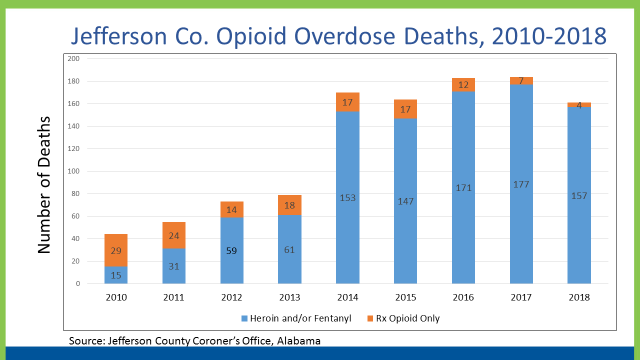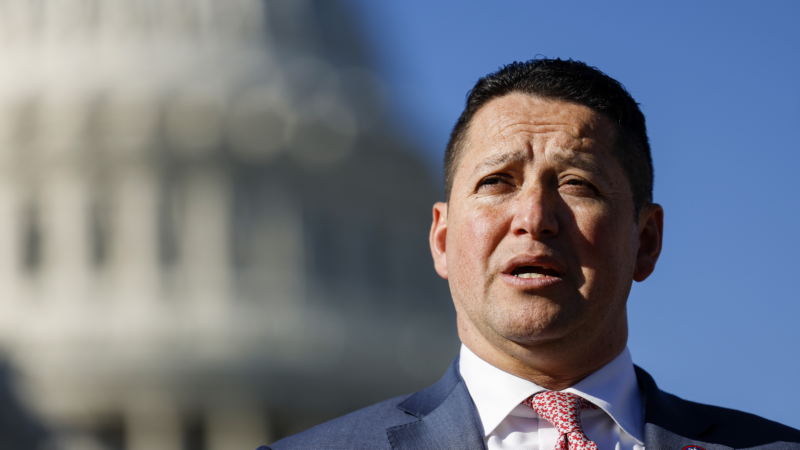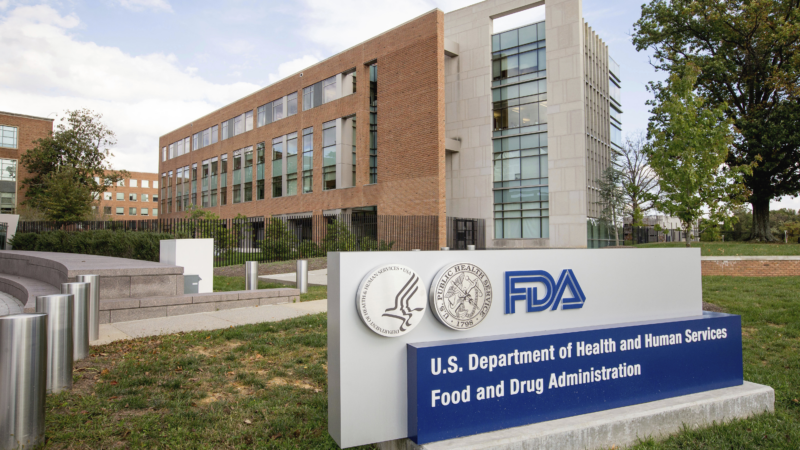UAB Launches Program to Improve Treatment of Opioid Overdose
UAB’s Emergency Department (ED) is starting a new program to better treat patients with opioid use disorder. The initiative, funded with $1.5 million from the U.S. Department of Health and Human Services, focuses on increasing the use of Medication Assisted Treatment Protocol (MAT). This treatment relies on a drug called Suboxone, which reduces withdrawal symptoms for patients recovering from an opioid overdose.
Dr. Erik Hess, vice chair for research in UAB’s Emergency Department, says Suboxone is a very effective treatment for opioid use disorder. But the drug is not used as often as it could be.
“The government has actually made it a requirement for eight hours of training for any provider who wants to provide a subscription for it (Suboxone),” Hess says, “which has set up a pretty substantial barrier for most providers.”
Hess says up until recently, only three ED doctors at UAB had completed this training. The goal now is to certify at least 75% of the department’s physicians to administer Suboxone.
Another focus of the program is to better connect patients with resources once they leave the ED. This involves a partnership with a local referral hub called the Recovery Resource Center at Cooper Green Mercy Health Services.
The Recovery Resource Center will send peer navigators, people who themselves are in long-term recovery, to meet with patients at the emergency department. Navigators will help patients transition out of the ED and find long-term treatment options.
UAB’s new program is funded for three years. During that time, officials expect to enroll more than 500 patients. They hope to see a 30% decrease in the number of deaths due to opioid overdose in Jefferson County. According to the Jefferson County Department of Health, 161 people died from an opioid overdose in 2018.
GOP Rep. Tony Gonzales faces pressure from party over affair allegations
The Texas Republican is facing calls from fellow House Republicans to resign, following allegations of an affair with a staffer who later died by suicide.
In pictures: Winter storm slams the east coast
Photos of cities in Connecticut, New York, New Jersey and Massachusetts as they cope with a powerful winter storm.
The FDA creates a quicker path for gene therapies
The Food and Drug Administration aims to evaluate treatments for rare diseases based on plausible evidence that they would work — without requiring a clinical trial first.
BAFTAs apologize after guest with Tourette syndrome uses racial slur during ceremony
A man with Tourette syndrome shouted a racial slur and other offensive remarks during the BAFTA awards ceremony Sunday. The BBC did not edit out his outbursts in its delayed broadcast.
‘Everything was in pieces:’ Lindsey Vonn describes grueling surgery on broken leg
In a recent video, the Olympic skier credits her surgeon with saving her leg from potential amputation.
A new lawsuit alleges DHS illegally tracked and intimidated observers
Observers watching federal immigration enforcement in Maine who were told by agents they were "domestic terrorists" and would be added to a "database" or "watchlist" are now part of a new federal class action lawsuit.








